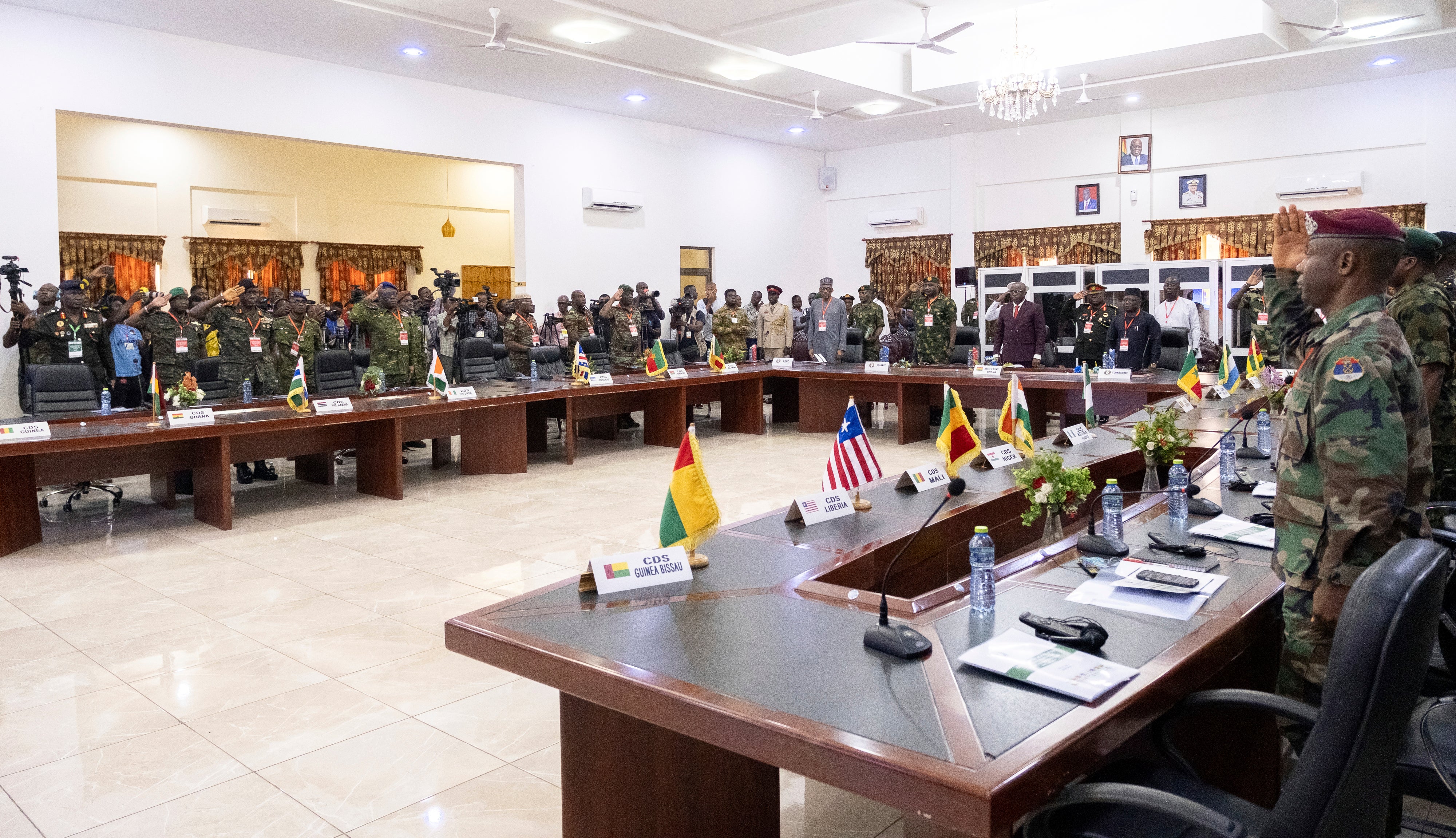Mali, Niger and Burkina Faso withdraw from West Africa regional bloc ECOWAS as tensions deepen
Three West African nations of Mali, Burkina Faso and Niger have quit the regional economic bloc known as ECOWAS

West African nations Mali, Burkina Faso and Niger have withdrawn from the regional economic bloc known as ECOWAS, their respective juntas announced Sunday, accusing the bloc of “inhumane” sanctions to reverse the coups in their nations.
The juntas said in a joint statement read out on state television in all three countries that they have “decided in complete sovereignty on the immediate withdrawal of Burkina Faso, Mali and Niger from the Economic Community of West African States (ECOWAS)," alleging that the bloc has “moved away from the ideals of its founding fathers and pan-Africanism” after nearly 50 years of its establishment.
“Furthermore, ECOWAS, under the influence of foreign powers, betraying its founding principles, has become a threat to its member states and its populations whose happiness it is supposed to ensure,” their statements read.
Widely seen as West Africa’s top political and regional authority, the 15-nation bloc of ECOWAS — formed in 1975 to “promote economic integration” in member states — has struggled in recent years to reverse rampant coups in the region where citizens have complained of not benefitting from rich natural resources.
In parts of West Africa, ECOWAS is fast losing its effectiveness and support among citizens, who see it as representing only the interests of the leaders and not that of the masses, said Oge Onubogu, director of the Africa Program at the Washington-based Wilson Center think tank.
It's not immediately clear how that process of the countries' withdrawal from the bloc would be carried out. ECOWAS didn't immediately respond to an Associated Press inquiry, though the bloc has said it only recognizes democratic governments.
The bloc’s regional court also ruled last year that juntas lack the power to act in place of elected governments on behalf of their nations.
Sunday's announcement is the latest twist in a series of events that have deepened political tension in West Africa since it experienced its latest of a string of coups — in Niger — last year. It also comes as the three nations have formed a security alliance after severing military ties with France and other European nations and turning to Russia for support.
The joint statement accused ECOWAS of failing to assist those three countries in fighting “existential” threats like terrorism — the common reason cited by their militaries for deposing their democratically elected governments.
“When these States decided to take their destiny into their own hands, it (ECOWAS) adopted an irrational and unacceptable posture in imposing illegal, illegitimate, inhumane and irresponsible sanctions in violation of its own texts," the statement noted.
Rather than improve their situations, the juntas said the ECOWAS sanctions have “further weakened populations already bruised by years of violence.”
Last week’s botched meeting between Niger and ECOWAS — which said its delegation couldn't visit Niger because of a flight problem — was seen by Niger's junta as an opportunity to blame the bloc for how it has responded to the coup there, according to Cheta Nwanze, an analyst at Lagos-based SBM Intelligence geopolitical research firm.
“This withdrawal looks like an even more diminishing influence of the two traditional superpowers in West Africa — France and Nigeria,” Nwanze said.